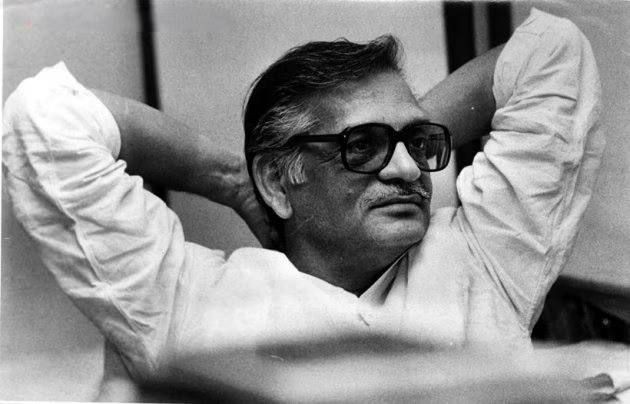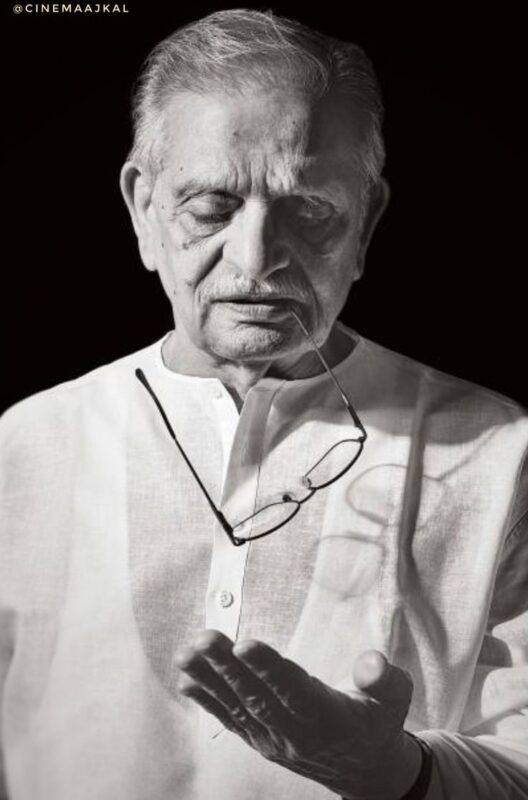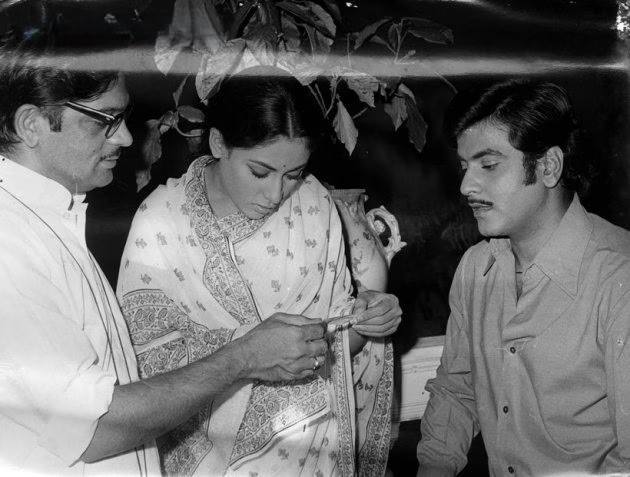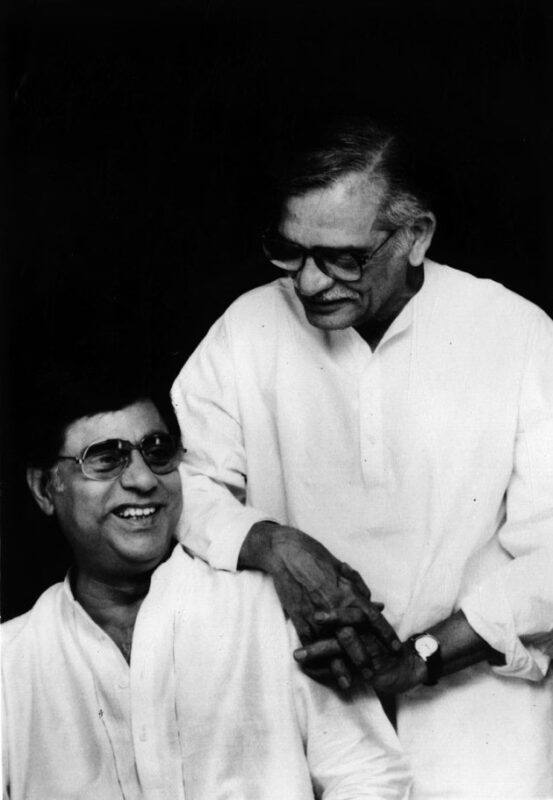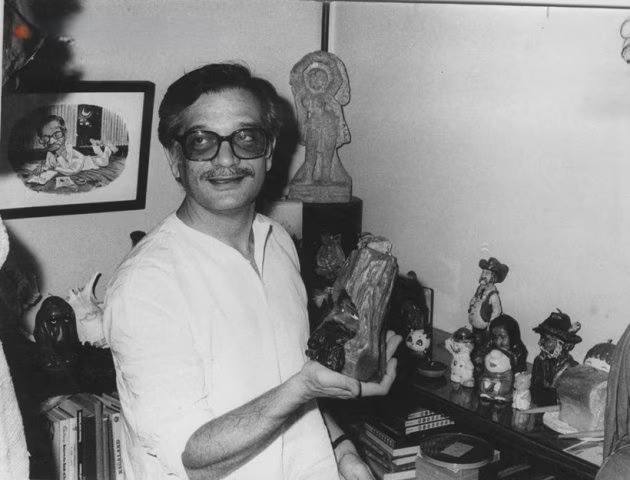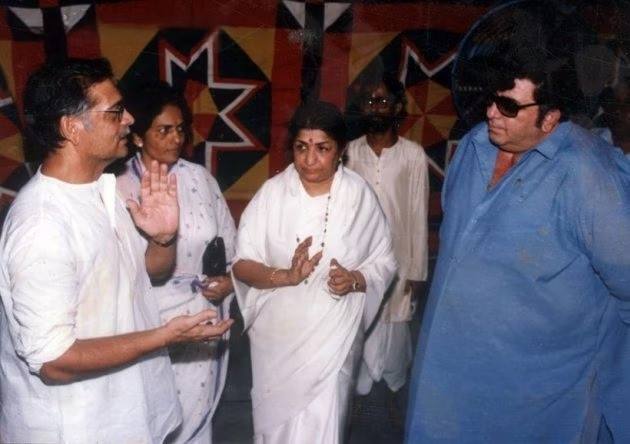The Best Scribe Of Love, Longing, And Soulful Life: Gulzar
Gulzar: The Legend, the Lyricist, and the Poet
Few artists leave an everlasting impression on the cultural fabric of a nation across generations, languages, and art genres. One such creative genius is Sampooran Singh Kalra, often known as Gulzar, whose poetry, lyrics, screenplays, and direction have influenced Indian cinema and literature for more than sixty years. Gulzar’s work speaks beyond borders as a poet of emotions and a filmmaker of human interactions, hence endearing him not only in India but also among the worldwide Indian diaspora.
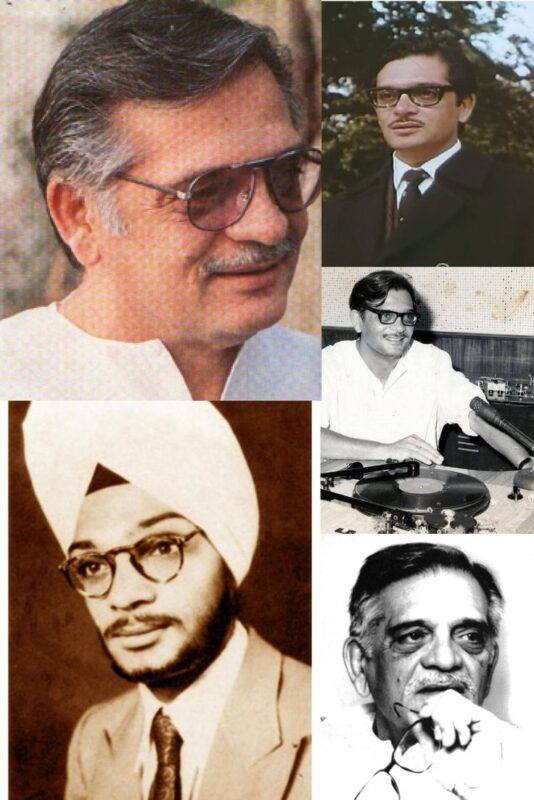
From Dina to Destiny
Gulzar was born on August 18, 1934, in Dina, Jhelum District (then British India, now Pakistan), and the agony of Partition affected his early life. The turmoil drove him to Mumbai, where he first worked on accident-damaged cars, among other odd tasks. Nurtured by reading Rabindranath Tagore’s writings, his passion for language, nevertheless, found its way into film and poetry.
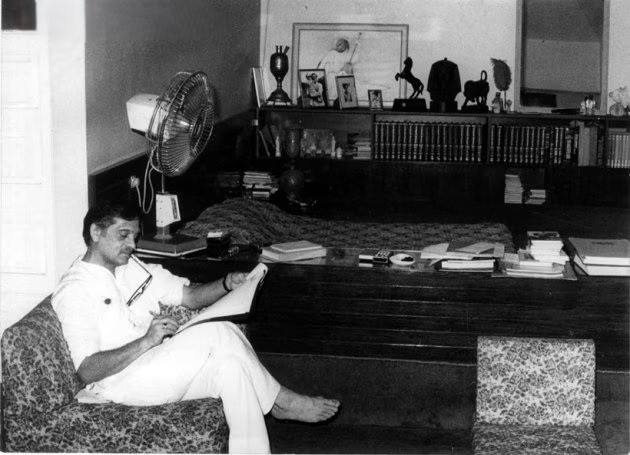
Using the pen name “Gulzar,” he became a member of the Progressive Writers’ Association, a group that influenced his ideas and writings. Inspired by famed lyricist Shailendra and director Bimal Roy, he wrote Mora Gora Ang Layle in the 1963 film Bandini, marking his lyrical debut. That event marked the emergence of an artistic force poised to transform India’s narrative.
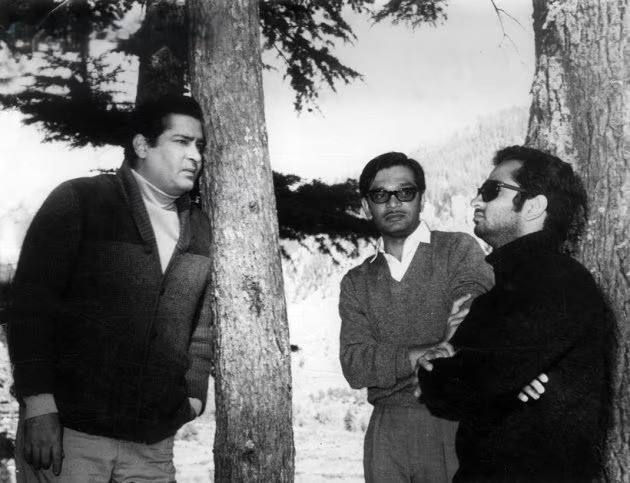
The Extraordinary Lyricist
Gulzar’s lyrics are a beautiful investigation of love, yearning, and human nature, from the soul-stirring Tere Bina Zindagi Se Koi (Aandhi, 1975) to the contagious vitality of Chaiyya Chaiyya (Dil Se…, 1998). Resonating across generations, his words mix metaphor, simplicity, and depth in a special way. Working with renowned composers such as R.D. Burman, A.R. Rahman, and Vishal Bhardwaj, he created timeless songs.
His poems sometimes celebrate Urdu, Punjabi, and Hindustani dialects, therefore enhancing the unique texture of his poetry. From the Oscar-winning Jai Ho (Slumdog Millionaire, 2008) to the moving Ae Hairathe Aashiqui (Guru, 2007), Gulzar’s songs cross boundaries and are a mainstay in the playlists of the Indian diaspora.
Apart from movie songs, Gulzar has written for modern music and ghazals, working with musicians like Jagjit Singh and Rekha Bhardwaj. His contributions to literary works and independent music have confirmed his standing as a poet of the people, addressing directly their feelings and experiences.
Master of the Visual Medium

Gulzar’s brilliance goes beyond language; his directorial projects have provided some of Indian cinema’s most subtle depictions of human emotions. Often focusing on human struggles and social issues, his films include Mere Apne (1971), Koshish (1972), Aandhi (1975), Mausam (1975), Ijaazat (1987), and Maachis (1996).
While Aandhi is now a classic movie sometimes linked (albeit wrongly) with the life of Indira Gandhi, Koshish compassionately depicted the challenges of a hearing-impaired marriage. Among the best comedy films in Indian cinema is his Angoor (1982) rendition of Shakespeare’s Comedy of Errors.
His profound love of Mirza Ghalib drove him to helm the legendary television show Mirza Ghalib (1988), starring Naseeruddin Shah. With Gulzar’s narration and Jagjit Singh’s ghazals, the program brought Ghalib’s poetic genius to life for the Indian audience.
Poetry as a Living Medium: An Emotion Called Gulzar
Gulzar’s poetry is a living experience that evolves over time. Deeply personal yet universal, his poems speak to everyone who has experienced love, sorrow, or yearning. His collections—Raat Pashmine Ki, Pukhraj, Triveni, and Green Poems—are reflections of life’s complexity, catching feelings in their most basic form.
A tour de force in literary language, his trademark Triveni style of poetry—a type of tercet where the third line alters the meaning of the prior two—is Whether they are about the rustling leaves, the passing moments of love, or the agony of loss, Gulzar’s poetry brings life to the mundane and turns it into marvels.

What distinguishes him is his capacity to create poetry that resonates with both ordinary people and literary experts. Driven increasingly by digital expression, his poetry reminds us of the beauty of the written and spoken word, a feeling valued by poetry fans all around.
Gulzar: The Thread Connecting Us
For the Indian diaspora, Gulzar is more than simply a poet or filmmaker; he is a thread connecting memories, emotions, and cultures. His poetry offers comfort in strange countries, while his lyrics remind individuals far from home of their origins. His nostalgic comments bring the past to life and the future to be hopeful.
His work connects generations; grandparents sing his songs, parents hum his melodies, and young listeners find his words in modern cinema and music. His works are woven into the fabric of Indian identity, transcending geographic barriers and bringing together those with a shared emotional thread.
Poetry as a Means of Embracing Unity and Diversity
Gulzar’s creative output promotes harmony in diversity rather than just fun. His writings, which focus on social justice, Indo-Pak ties, and community harmony, make him a poet of the people. Sung by Shankar Mahadevan and Rahat Fateh Ali Khan, his song Nazar Mein Rehte Ho for Aman Ki Asha is a tribute to peace and togetherness.
His work with Jagjit Singh (Marasim, 1999) and Rekha Bhardwaj (Teri Raza) emphasises his adaptability in ghazals even more, so guaranteeing that his poetry shapes modern music and ideas.
Family and Personal Life
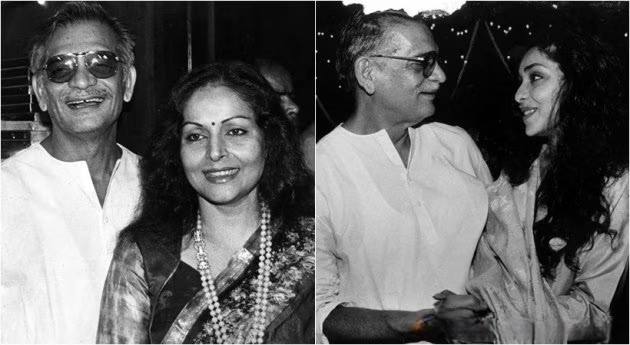
Gulzar’s personal life has been as poetic as his writing. Though his marriage had difficulties, he married renowned actress Rakhee in 1973; they lived apart yet preserved mutual respect and appreciation. Meghna Gulzar, their daughter, has followed in her father’s footsteps and created a niche as a filmmaker with socially important and highly praised films, including Talvar, Raazi, and Sam Bahadur. Gulzar has always found comfort in his profession despite personal challenges; his writings have been a haven throughout crises.



Recognition of Work and Lasting Legacy
Gulzar keeps motivating generations of authors, directors, and musicians acknowledged with India’s top accolades—including the Padma Bhushan (2004), Dadasaheb Phalke Award (2013), and Jnanpith Award (2024). His paintings have garnered national and worldwide praise, demonstrating his capacity to span the artistic tastes of the East and West.


Relevance Across Generations and the Future
Gulzar’s poems and stories remind us of the strength of feelings, of nostalgia, and of the beauty of the written word in a time when fast-paced material rules. His voice is still a personal whisper in our ears, a song in our hearts, and a vision that keeps enhancing our lives.
Gulzar’s poems will remain relevant as the globe changes, showing that genuine art has no limits. His work will always be loved now, tomorrow, and beyond because of his capacity to change with the times, writing songs for modern film while remaining faithful to his artistic spirit. Deeply anchored in human emotions, his lyrics will continue to inspire future generations, bringing Indians all over the world together in an eternal embrace of music and poetry.

Melwyn Williams


